Joanna Page

Professor Joanna Page
Research interests
My research focuses on the relationship between science and culture in Latin America, and she has worked on a range of different media, including literature, film, graphic fiction and visual arts, particularly from Argentina, Chile, and Brazil. I am also interested in questions of memory, modernity, capitalism, posthumanism, new materialism, decoloniality and environmental thought in Latin America.
The books I have published are listed below, and many of them are available on open access via the links given. For more details of the essays and articles I have published, please see my page on academia.edu.
I welcome contact via email from prospective PhD students or fellow academics working in similar fields.
Major publications and research projects
- Crisis and Capitalism in Contemporary Argentine Cinema (2009)
- Visual Synergies: Fiction and Documentary Filmmaking in Latin America (2009)
- Creativity and Science in Contemporary Argentine Literature (2014)
- Science Fiction in Argentina (2016)
- Posthumanism and the Graphic Novel in Latin America (2018)
- Geopolitics, Culture, and the Scientific Imaginary in Latin America (2020)
- Decolonizing Science in Latin American Art (2021)
- Decolonial Ecologies: The Reinvention of Natural History in Latin American Art (2023)
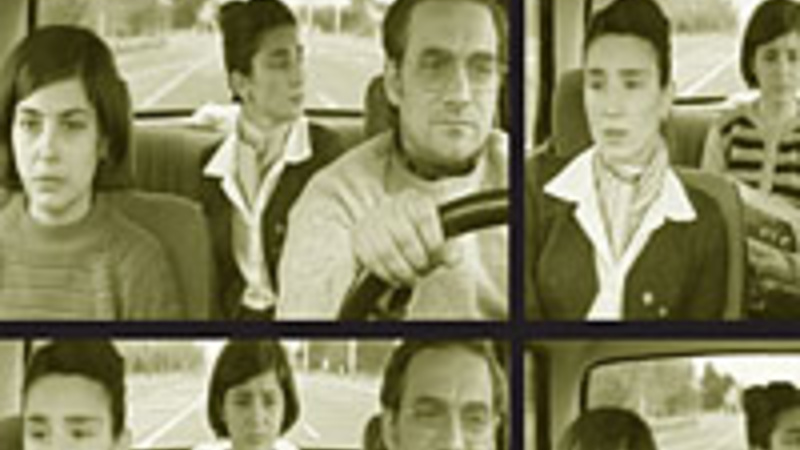
Crisis and Capitalism in Contemporary Argentine Cinema explores the significant boom in Argentine filmmaking from the mid-1990s onwards, with a particular emphasis on how these productions have registered Argentina's experience of capitalism, neo-liberalism, and economic crisis. In different ways, the films selected for discussion testify to the social consequences of growing unemployment, rising crime, marginalization, and the expansion of the informal economy. The book focuses particularly on films associated with New Argentine Cinema, but it also discusses highly experimental films and genre movies borrowing from the conventions of crime thrillers, Westerns, and film noir. The films are brought into dialogue with a broader range of issues in contemporary film criticism, including the role of national and transnational film studies, theories of subjectivity, spectatorship and memory, and the relationship between private and public spheres.
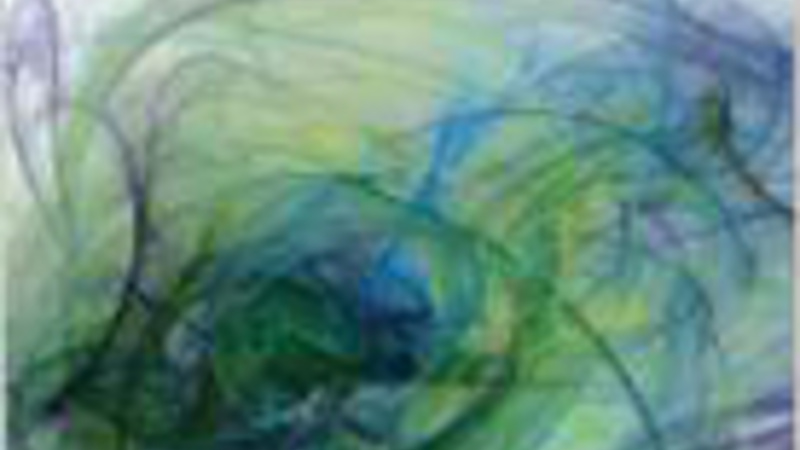
Creativity and Science in Contemporary Argentine Literature: Between Romanticism and Formalismcentres on the use of mathematical and scientific theories in contemporary Argentine fiction as models of the creative, self-renewing power of literature. Most Anglophone and European writers have drawn on mathematics and science – Gödel’s incompleteness theorems, theories of chaos, complexity and entropy – to point to the limits of human logic, the decline of society or the exhaustion of artistic innovation. In contrast, in the work of Ricardo Piglia, Guillermo Martínez and Marcelo Cohen, such theories become tropes for the endlessly self-regenerating capacity of literature. Their narratives expose, challenge and rework the Romantic legacies that continue to shape our understanding of both science and creativity. I engage throughout the book with work by theorists such as N. Katherine Hayles, Ira Livingston, William Paulson, and Michel Serres on the intersections between science and literature. The book seeks to make a contribution to scholarship on newness and creativity, tracing unexpected relationships between thinkers such as Nietzsche, Deleuze, and the Russian Formalists. It explores the apparently contradictory persistence of Romantic and Formalist ideas of creativity and science in postmodern thought and literature. Free downloadable open-access PDF
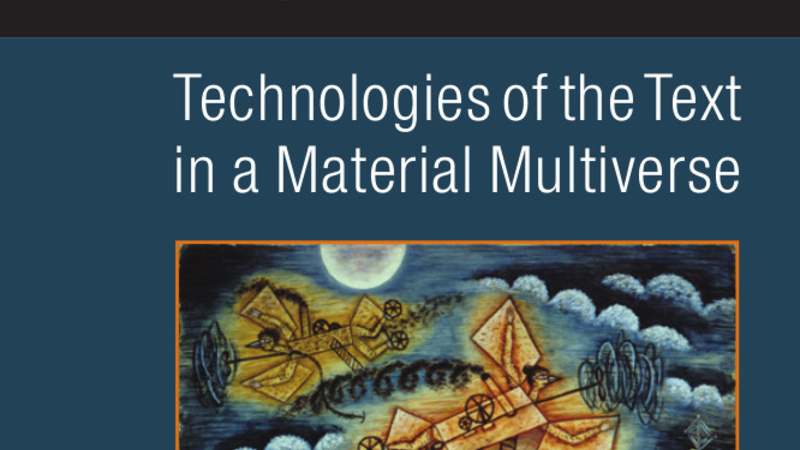
Science Fiction in Argentina: Technologies of the Text in a Material Multiverse explores science fiction in literature, cinema, theatre, and comics from Argentina from the late nineteenth century to the present day. Many of these texts are thoroughly grounded in the specific social and political life of the nation, registering the impact of an uneven modernization, mass migration, dictatorships, crises in national identity stretching back to the nineteenth century, the rise and fall of the Left, the question of the nation’s indigenous heritage, the impact of neoliberalism, and the most recent economic crisis of 2001. Argentine science fiction is also highly reflexive, meditating openly on questions of cultural transmission, the status of literature within a society in thrall to the image, and the relationship between intellectuals and popular culture within mass society. My central hypothesis is that Argentine science fiction typically deploys reflexive and metafictional techniques at the service of a materialist understanding of the text. Unusually, these techniques do not emphasize the fictionality of the world so much as the materiality of the text, thereby challenging the dominance of the linguistic paradigm. These texts assume the task of rethinking human subjectivity in a material world of technology in which the human is increasingly displaced, allowing new forms of experience to become possible. My arguments draw on the materialist thought of Walter Benjamin, Bernard Stiegler and Rosi Braidotti, among others. Beyond the scope of science fiction and the Argentine context, this book joins in discussions taking place across a number of disciplines on the temporality of modernity, the prosthetic nature of (cultural) memory, and new theories of the relationship between technology and human evolution. Free open-access digital version
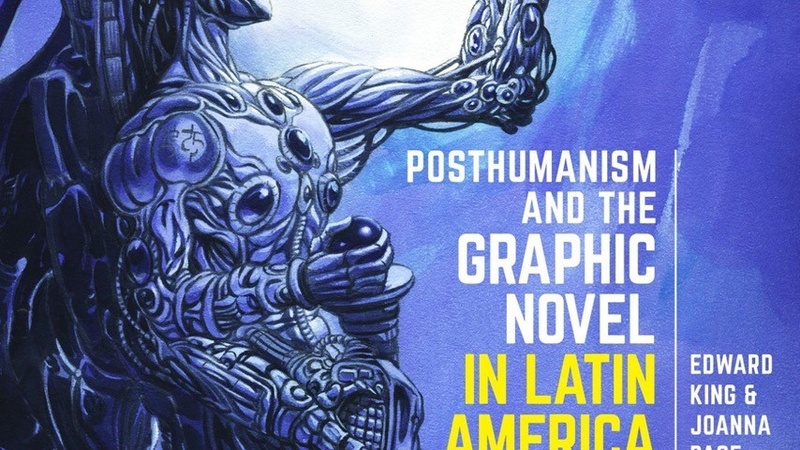
Latin America is experiencing a boom in graphic novels that are highly innovative in their conceptual play and their reworking of the medium. Inventive artwork and sophisticated scripts have combined to satisfy the demand of a growing readership, both at home and abroad. Posthumanism and the Graphic Novel in Latin America, which is the first book-length study of the topic, argues that the graphic novel is emerging in Latin America as a uniquely powerful force to explore the nature of twenty-first century subjectivity. We place particular emphasis on the ways in which humans are bound to their non-human environment, and these ideas are drawn out in relation to posthuman thought and experience. The book brings together a range of recent graphic novels from Argentina, Brazil, Chile, Mexico and Uruguay, many of which experiment with questions of transmediality, the representation of urban space, modes of perception and cognition, and a new form of ethics for a posthuman world. Free open-access PDF
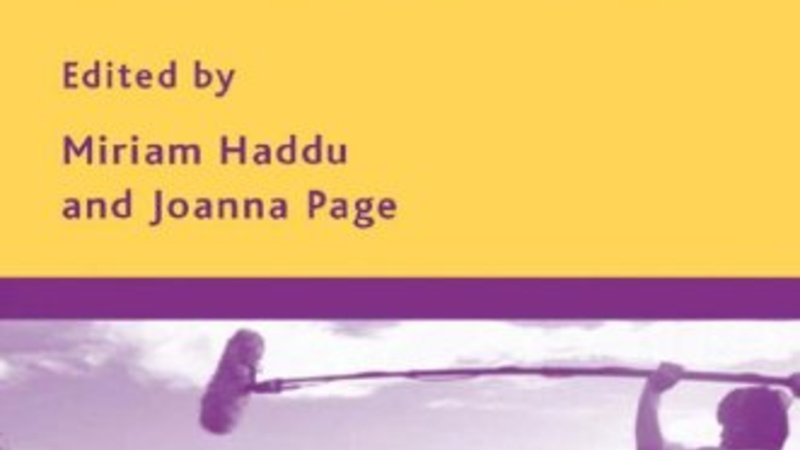
Visual Synergies: Fiction and Documentary Filmmaking in Latin America (edited by Miriam Haddu and Joanna Page) brings together recent essays by leading international scholars and filmmakers, as well as new researchers working in the field of Latin American cinema. It is the first edited volume to focus specifically on the cross-overs between two cinematic genres, fiction and documentary, traditionally addressed separately in the literature. Visual Synergies examines how, within the Latin America cinematic tradition, fiction and documentary films have borrowed significantly from each other in order to revitalize their own praxis. The volume has a wide geographical coverage, including articles on the leading film industries of Latin America: Mexico, Brazil, Argentina, Chile and Cuba. Essays explore a range of critical issues, including questions of ideology, subjectivity, memory, reflexivity, and autobiography, as well as cinema’s relationship with the public sphere and issues of production, distribution and marketing.
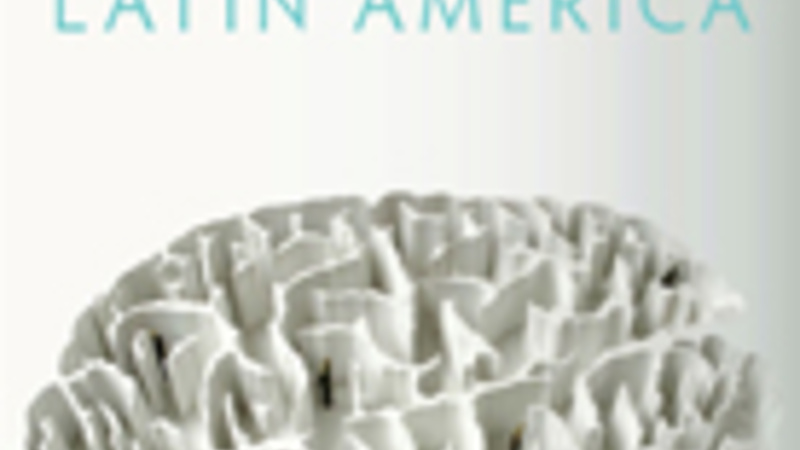
Geopolitics, Culture, and the Scientific Imaginary in Latin America (co-edited with María del Pilar Blanco) highlights the important relationships betwee science, politics, and culture in Latin American history. Challenging the common view that Latin America has lagged behind Europe and North America in the global history of science, this volume reveals that the region has long been a centre of scientific innovation and imagination. Scholars from a variety of fields including literature, sociology, and geography bring to light many of the cultural exchanges that have produced and spread scientific knowledge from the early colonial period to the present day. Through its interdisciplinary approach, volume shows how scientific advancements fuelled a series of visionary utopian projects throughout the region, as countries grappling with the legacy of colonialism sought to modernize and to build national and regional identities.
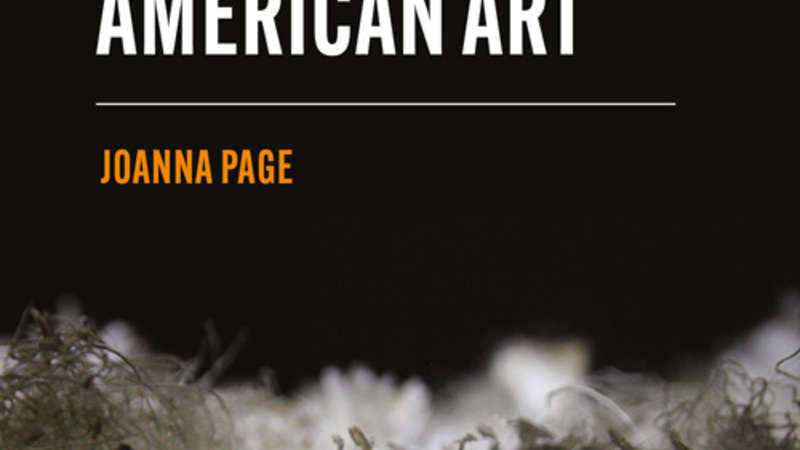
Projects that bring the ‘hard’ sciences into art are increasingly being exhibited in galleries and museums across the world. In a surge of publications on the subject, few focus on regions beyond Europe and the Anglophone world. Decolonizing Science in Latin American Artassembles a new corpus of art-science projects by Latin American artists, ranging from big-budget collaborations with NASA and MIT to homegrown experiments in artists’ kitchens.
While they draw on recent scientific research, these art projects also ‘decolonize’ science. If increasing knowledge of the natural world has often gone hand-in-hand with our objectification and exploitation of it, the artists studied here emphasize the subjectivity and intelligence of other species, staging new forms of collaboration and co-creativity beyond the human. They design technologies that work with organic processes to promote the health of ecosystems and seek alternatives to the logics of extractivism and monoculture farming that have caused extensive ecological damage in Latin America.
Decolonizing Science in Latin American Art interrogates how artistic practices may communicate, extend, supplement, and challenge scientific ideas. It also highlights important contributions by Latin American thinkers to themes of global significance, including the Anthropocene, climate change and environmental justice. Free open-access e-book and downloadable PDF
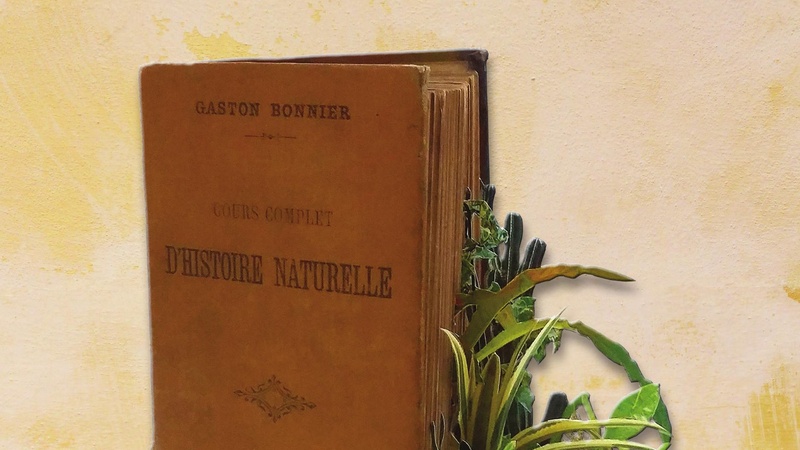
Decolonial Ecologies: The Reinvention of Natural History in Latin American Art illuminates the ways in which contemporary artists in Latin America are reinventing historical methods of collecting, organizing, and displaying nature in order to develop new perspectives on the past and the present.
The book brings together an entirely new corpus of artistic projects from Argentina, Brazil, Chile, Colombia, Ecuador, Mexico, and Peru that engage critically and creatively with forms as diverse as the medieval bestiary, baroque cabinets of curiosities, atlases created by European travellers to the New World, the floras and herbaria composed by eighteenth- and nineteenth-century naturalists, and the dioramas designed for natural history museums. Decolonial Ecologies explores how artists develop decolonial and post-anthropocentric perspectives on the collections and expeditions that were central to the evolution of European natural history. Their works forge a critique of the rationalizing approach to nature taken by modern Western science, reconnecting it with forms of popular, indigenous and spiritual knowledge and experience that it has systematically excluded since the Enlightenment. Free open-access e-book and downloadable PDF
Teaching
I teach on the MPhil in Latin American Studies, the MPhil in European, Latin American and Comparative Literatures and Cultures, and the MPhil in Film and Screen Studies. I supervise PhD projects on topics relating to Argentine and Chilean culture. I also lecture and supervise for a number of undergraduate papers on Hispanic and Latin American culture for the Department of Spanish and Portuguese.
